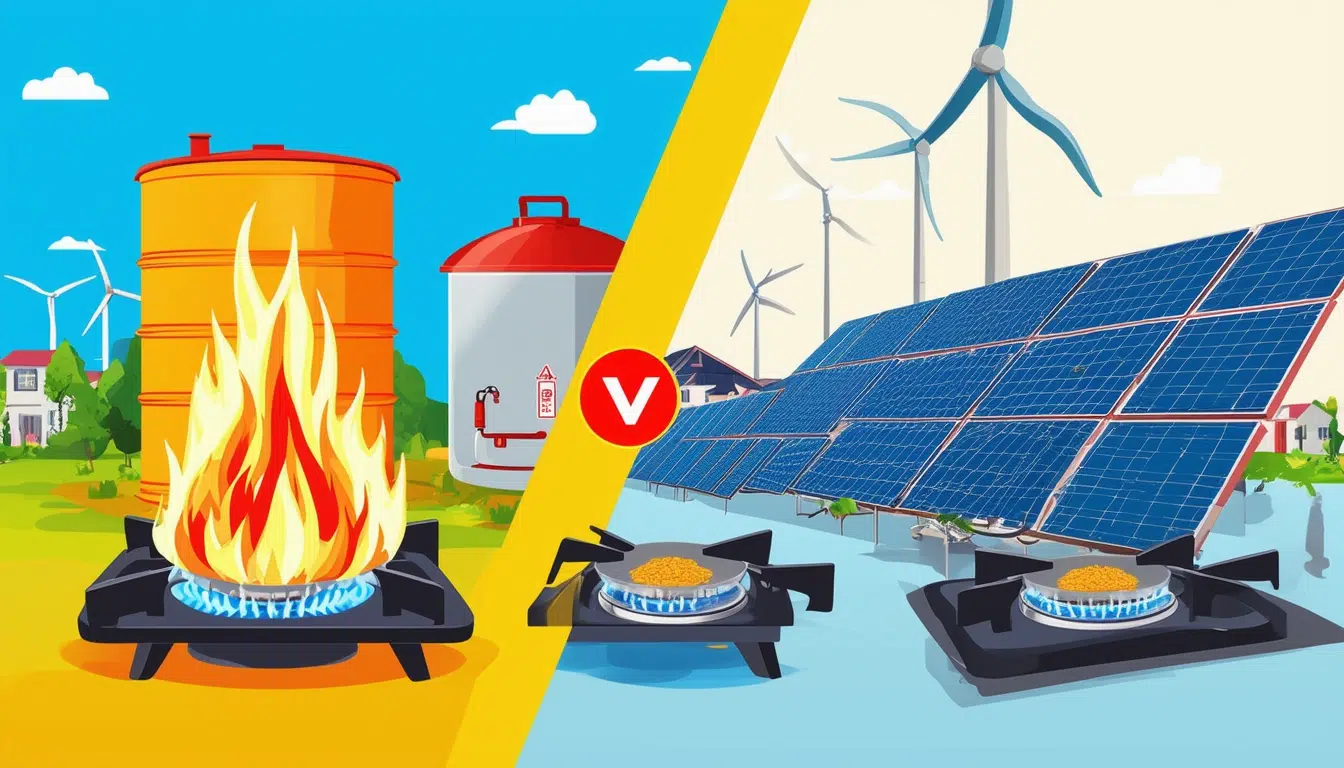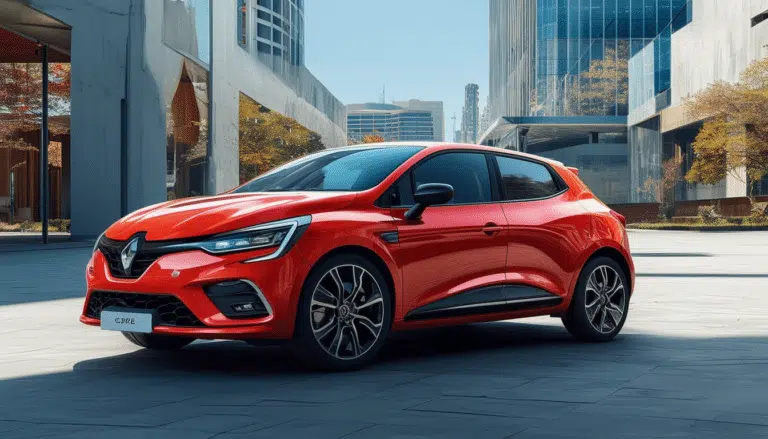Benefits and disadvantages of Liquefied Petroleum Gas (LPG)

Liquefied Petroleum Gas (LPG) has become an increasingly popular choice in the field of fuels, thanks to its characteristics that make it more economical and cleaner compared to other fossil fuels. However, like any alternative, it presents both advantages and disadvantages that are important to consider in order to make informed decisions. In this context, LPG stands out for its low cost and energy efficiency, but it also comes with certain limitations that need to be carefully evaluated.
Benefits and drawbacks of Liquefied Petroleum Gas (LPG)
Liquefied Petroleum Gas (LPG) has become an attractive option for many individuals and businesses looking for more economical and less polluting alternatives compared to traditional fuels. This article explores in detail the benefits and drawbacks of LPG, helping consumers make informed decisions about its use.
Benefits of LPG
Efficiency and economic savings
One of the main advantages of LPG is its ability to offer a high calorific value, meaning it can generate more energy per unit of volume compared to other fuels. This allows for a reduction in energy costs of between 40% and 45% compared to gasoline. The cost reduction is a considerable attraction for businesses and individuals.
Lower environmental impact
LPG emits significantly fewer polluting particles into the atmosphere compared to gasoline and diesel. Its combustion produces less waste and carbon deposits, contributing to keeping the engine oil in better condition for longer. This results in less damage to the environment and a more sustainable option.
Ease of transportation
Being compressed, LPG takes up less space, making its storage and transportation easier. This makes it more accessible and often cheaper than other traditional fuels. The number of service stations offering LPG is growing, increasing its availability.
Maintenance benefits for vehicles
Using LPG in vehicles also translates into savings on maintenance. This type of fuel leaves no residues and causes fewer breakdowns compared to engines that use gasoline or diesel. Additionally, vehicles adapted to use LPG tend to have greater autonomy, meaning fewer stops to refuel.
Drawbacks of LPG
Fuel consumption
Although LPG is more economical, it often has a higher consumption rate than gasoline. This means that, although the cost per kilometer may be lower, users may need to refuel more frequently, which can be a disadvantage in certain contexts.
Supply infrastructure
Although the network of stations providing LPG is expanding, there are still areas where access can be complicated. In some regions, the availability of LPG may be limited, posing problems for those who rely on this fuel for transportation.
Vehicle conversion
Converting a gasoline vehicle to LPG can have a considerable initial cost. Although long-term savings may offset this investment, some users may be reluctant to make the change due to the initial expenses and the possible complexity of the process.
Negative perception
LPG is not always seen as a viable alternative. The perceived risks associated with its storage and use, along with the lack of clear information about its benefits and drawbacks, may make some individuals feel uncertain about considering it as an option. This distrust can limit its adoption in the market.
It is essential for users to evaluate both the advantages and disadvantages of Liquefied Petroleum Gas (LPG), comparing their needs and particular circumstances before making a decision about its use as fuel.
Benefits and drawbacks of Liquefied Petroleum Gas (LPG)
Liquefied Petroleum Gas (LPG) has become a popular alternative to traditional fuels such as gasoline and diesel. One of its main advantages is its lower cost, allowing users to save significantly on fuel expenses. This savings can range from 40% to 45% compared to gasoline, making it an attractive option for those looking to reduce their monthly fuel costs.
Furthermore, LPG is a cleaner fuel. Its combustion generates fewer polluting particles in the atmosphere and produces less carbon deposits, contributing to keeping the engine cleaner and in better condition for longer. This aspect is not only beneficial for vehicles but also for the environment, as it reduces CO2 emissions and other harmful gases associated with the use of fossil fuels.
However, LPG also presents some disadvantages to consider. Firstly, it requires modifications to vehicles for conversion, which can involve additional expenses. Although the maintenance of LPG cars is usually lower, the initial cost of conversion can be a barrier for some users. Additionally, although LPG is generally more economical, its autonomy may be less than that of gasoline or diesel vehicles, which could affect those who frequently make long trips.
In summary, Liquefied Petroleum Gas offers a number of interesting advantages, especially in economic and environmental terms. However, it is essential for interested parties to carefully evaluate both its benefits and drawbacks to make informed decisions about its use as fuel.



